U.S. Bans Imports of Giant Bicycles from Taiwan, Trade Hegemony Strategy Shakes Global Manufacturing Ecosystem
Input
Modified
U.S. Customs and Border Protection blocks Giant bicycle imports from Taiwan UFLPA enforcement expands, sanctioning global corporations Hanwha Q Cells also faces product seizure, allied companies caught in crossfire
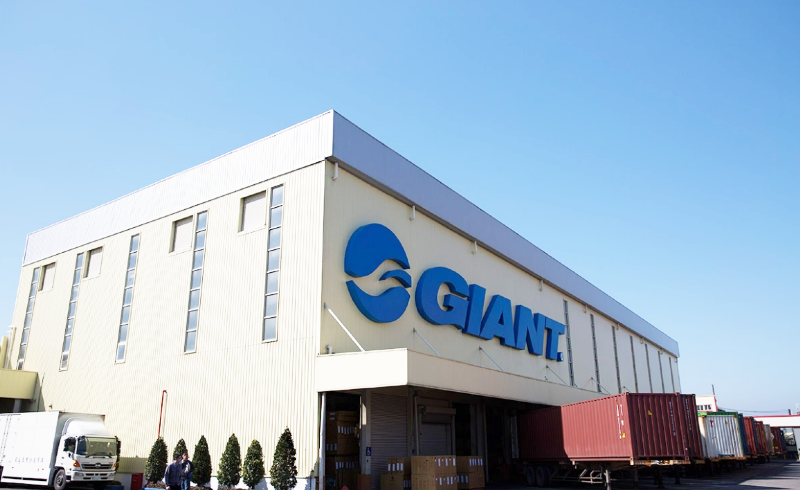
The United States has abruptly barred imports of products manufactured by Taiwan’s Giant Manufacturing Co. Ltd., the world’s largest bicycle maker. While Washington cites allegations of forced labor—including debt bondage, wage withholding, and excessive overtime for migrant workers—the measure is widely viewed as an instrument to shield domestic industry and restructure supply chains.
CBP Issues Withhold Release Order on Giant
According to the New York Times on the 25th (local time), the U.S. Customs and Border Protection (CBP), under the Department of Homeland Security, issued a Withhold Release Order (WRO) against Giant bicycles, parts, and accessories manufactured in Taiwan, mandating their immediate detention. CBP stated that its investigation uncovered signs of forced labor, including abusive working and living conditions, debt bondage, wage withholding, and excessive overtime.
A U.S. Department of Labor report revealed testimony from Vietnamese and Thai migrant workers at Giant’s Taichung Dajia plant, who were effectively trapped in debt after paying recruitment fees, deposits, and monthly broker commissions. CBP emphasized that these practices allowed Giant to sell bicycles at lower prices than U.S. manufacturers, generating millions of dollars in unfair profits.
The order comes amid ongoing trade negotiations between Washington and Taipei. Founded in Taiwan in the 1970s, Giant operates production facilities in China, the Netherlands, Hungary, and Vietnam. CBP’s WRO list now covers 53 categories of products, most predating President Donald Trump’s current term. Goods subjected to a WRO may be destroyed, re-exported, or challenged by proving lawful sourcing.
As the world’s largest bicycle manufacturer, Giant has long supplied Walmart and other major U.S. retailers, as well as independent shops. In 2023, the U.S. sourced about 40% of its bicycle imports from Taiwan. Giant sold 4 million units worldwide last year, generating $2.3 billion in revenue, making it the undisputed global leader. The ban, however, is expected to disrupt Giant’s near-term U.S. supply.
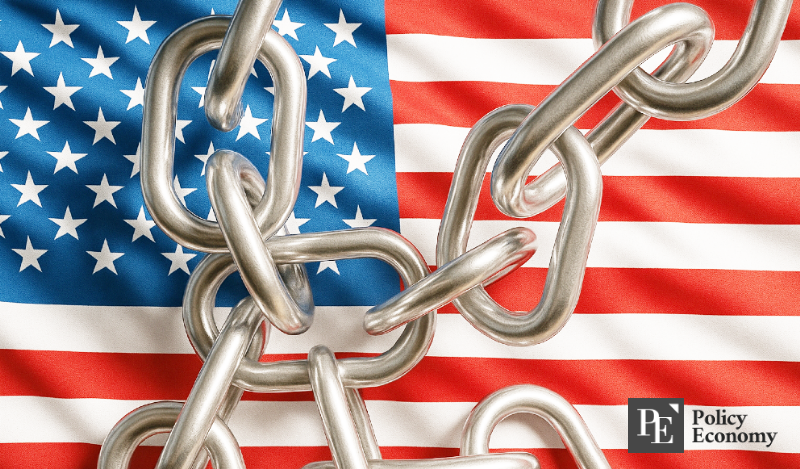
U.S. Wields UFLPA Against Forced Labor Components
The order against Giant stems from the Uyghur Forced Labor Prevention Act (UFLPA), which prohibits imports unless verifiable proof is provided that no forced labor was involved at any stage of production or supply, including raw materials. Finished goods, parts, and subcomponents all fall within scope. U.S. authorities may invoke a WRO if any of the 11 indicators of forced labor are found. With migrant labor prevalent in small enterprises and agricultural sectors, products from these industries face heightened risk of import bans.
Enacted with bipartisan support in 2021, UFLPA took effect in June 2022. CBP reviewed over 4,000 shipments worth more than $1.3 billion last year alone. European corporations have also been caught. In February 2023, the U.S. seized 14,000 Volkswagen Group luxury vehicles—including Porsche, Bentley, and Audi models—after finding Xinjiang-made components linked to forced labor. VW later replaced the defective electronic modules.
In August last year, China’s Camel Group (batteries), Qian Guang Biotech (spices and extracts), Ninestar (printers), and Xinjiang Zhongtai Chemical (chemicals) were also placed under UFLPA restrictions for using forced labor in cooperation with Chinese authorities.
Hanwha Q Cells Solar Panels Seized Under Forced Labor Allegations
Hanwha Q Cells, a solar affiliate of Hanwha Solutions, also saw some solar cells seized last month under UFLPA. Although CBP did not disclose quantities or value, the company asserted that no Xinjiang-sourced inputs were used and pledged full cooperation. Scott Moskowitz, senior vice president of strategy at Q Cells, said the firm had shifted all sourcing outside China and characterized CBP’s inquiry as routine. The detained goods were later cleared and released on the 25th after review.
Allegations first surfaced in July last year, when Bloomberg reported that Q Cells had sourced from Chinese suppliers sanctioned for forced labor while benefiting from U.S. tax credits. Citing unpublished Chinese documents, Bloomberg alleged that polysilicon providers linked to forced labor had supplied Q Cells’ upstream vendors. Though no direct evidence of banned materials in Q Cells panels was presented, concerns arose over the firm’s ability to fully police its supply chain.
Q Cells categorically denied the claims. Debra DeShong, vice president and spokesperson for Q Cells USA, stressed that the company requires suppliers to certify no forced labor or Xinjiang sourcing, supported by attestations and traceability checks. She added that Hanwha had invested $3 billion in the U.S. market, ceased dealings with non-compliant suppliers in 2021, and terminated contracts entirely in 2022 after failures in traceability audits. With Washington weaponizing UFLPA as a lever to restructure global supply chains, its ripple effects are now extending beyond adversaries to ensnare allied companies.

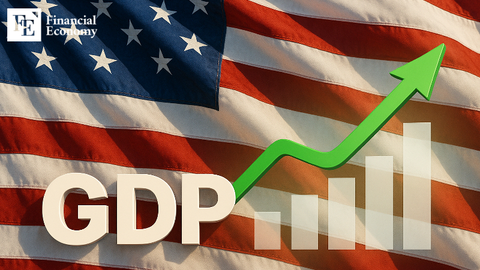
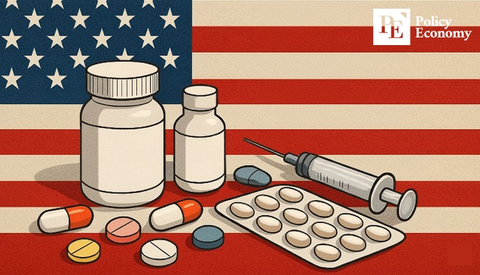
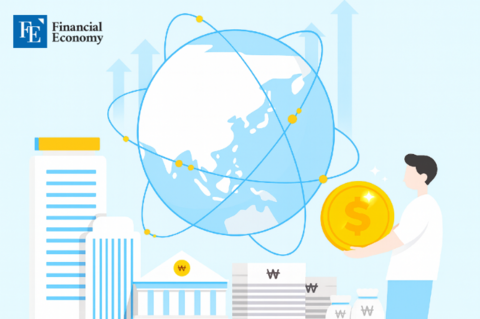
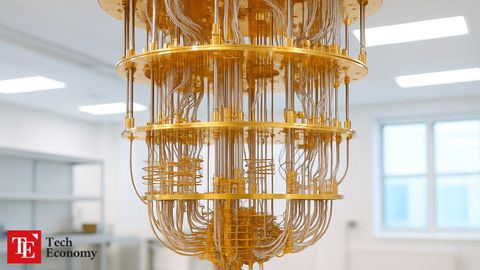

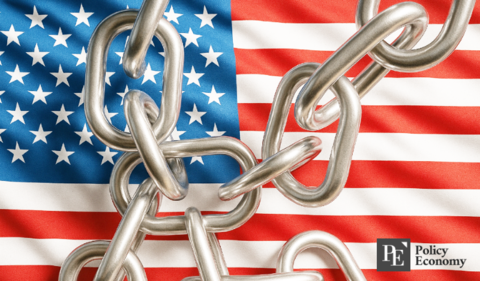


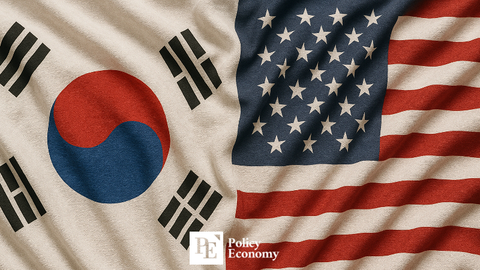












Comment